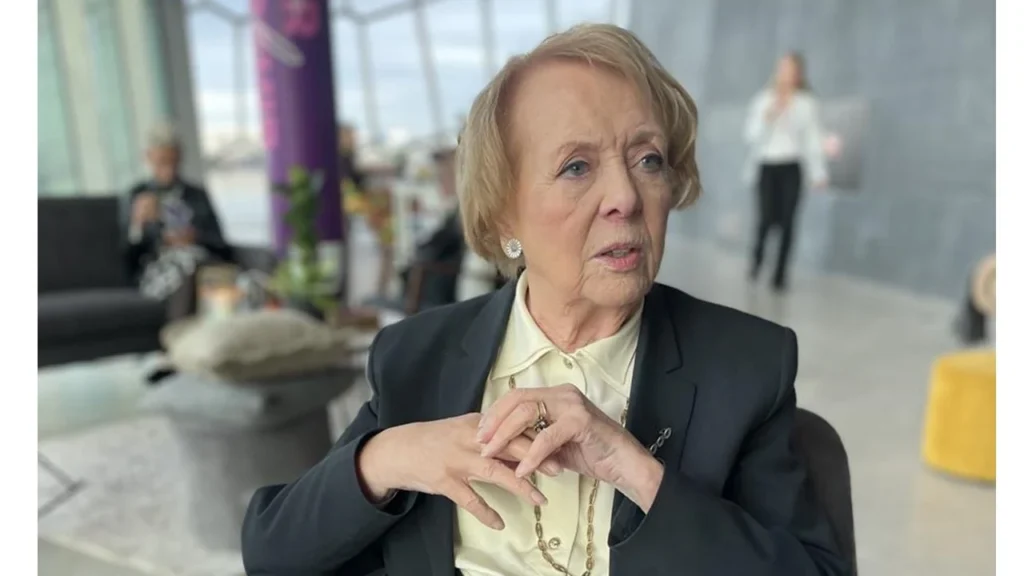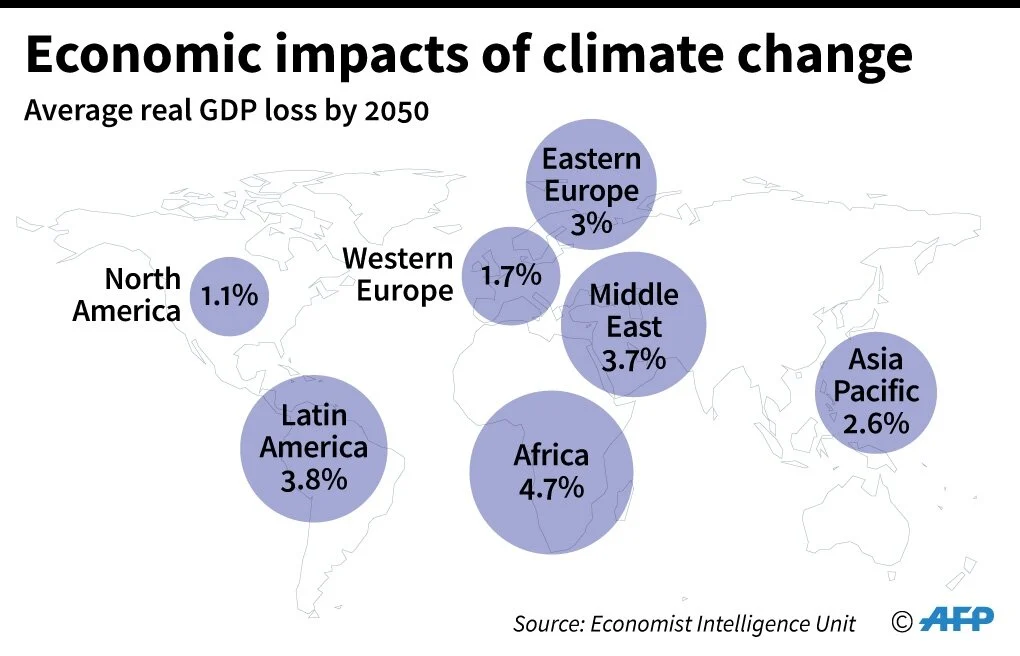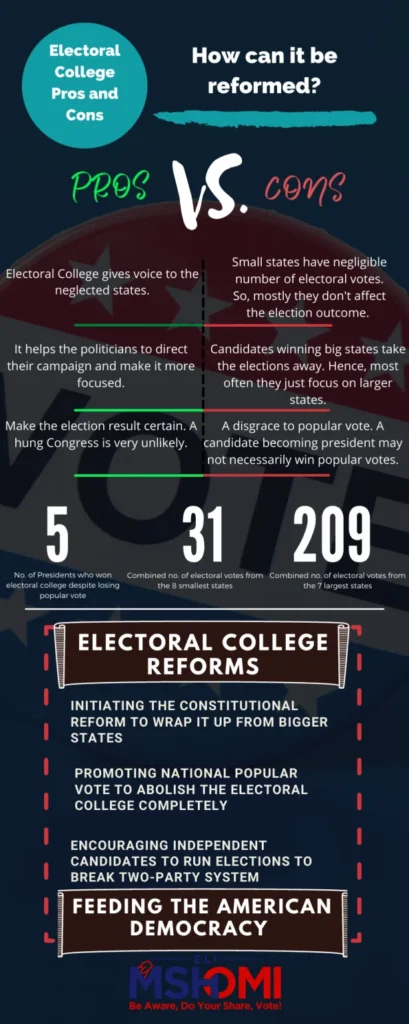Women In Politics: Breaking Barriers And Making History is a topic that has been gaining increasing attention in recent years. As more and more women enter the political arena, they continue to challenge traditional gender roles and pave the way for future generations. From Kamala Harris becoming the first female Vice President of the United States to Jacinda Ardern’s leadership in New Zealand, women are making significant strides in the political sphere.
The participation of women in politics has been a subject of great interest and curiosity in recent years. The rise of female political leaders such as Angela Merkel and Theresa May has sparked conversations about gender equality and representation in government. Additionally, the impact of women in political decision-making processes and policies has become a focal point of discussion in many countries. As women continue to break barriers and make history in the political arena, the world is witnessing a shift in traditional power dynamics and a redefinition of leadership qualities.
Women in Politics: Breaking Barriers and Making History
Women have long been underrepresented in the political sphere, facing numerous barriers and challenges as they strive for equal representation and participation. However, in recent years, there has been a notable increase in the number of women entering politics, breaking through traditional gender norms and making history in the process.
From the first female prime ministers and presidents to the rising numbers of women in parliament and government positions, women in politics have been making significant strides towards gender equality and inclusive decision-making. Their contributions have not only reshaped the political landscape but have also inspired future generations of women to pursue careers in politics and public service.
Challenges Faced by Women in Politics
Despite the progress made, women in politics continue to face a myriad of challenges that hinder their full and equal participation. These challenges include gender discrimination, stereotypes, unequal access to resources and opportunities, as well as societal expectations and biases. Additionally, women often encounter barriers related to balancing family responsibilities with their political careers, as well as navigating male-dominated political environments.
Furthermore, women of color, LGBTQ+ women, and women from marginalized communities face intersecting forms of discrimination and obstacles that further compound the challenges they face in the political arena. Addressing these challenges is crucial for creating a more inclusive and representative political system that reflects the diversity of the population it serves.
Historic Milestones for Women in Politics
Over the years, women in politics have achieved significant historic milestones, shattering glass ceilings and paving the way for future generations. From the first woman elected to a national parliament to the first female head of state, these trailblazing women have left an indelible mark on political history and have proven that women are equally capable and qualified to lead.
Notable milestones include the election of women such as Sirimavo Bandaranaike, who became the world’s first female prime minister in 1960, and Angela Merkel, who served as the first female chancellor of Germany for 16 years. These milestones not only symbolize progress but also serve as a testament to the perseverance and leadership of women in the face of adversity.
Impact of Women in Politics
The impact of women in politics extends far beyond individual accomplishments, as it influences policy-making, governance, and societal perceptions of leadership. Research has shown that diverse representation in politics leads to a wider range of perspectives and priorities being addressed, ultimately resulting in more effective and inclusive decision-making processes.
Additionally, the presence of women in political leadership positions has been linked to advancements in areas such as healthcare, education, and social welfare, as well as the promotion of gender equality and women’s rights. By challenging traditional power structures and advocating for meaningful change, women in politics have played a crucial role in shaping a more equitable and just society.
Women’s Role in Advancing Global Politics
Women have played a pivotal role in advancing global politics, advocating for peace, human rights, and diplomatic solutions to international conflicts. From Nobel Peace Prize laureates such as Malala Yousafzai to diplomats and leaders who have brokered peace agreements, women have demonstrated their ability to drive positive change on the world stage.
Furthermore, initiatives such as the United Nations’ Women, Peace, and Security agenda have highlighted the importance of women’s participation in conflict resolution and peacebuilding efforts. The inclusion of women in these processes not only amplifies their voices and experiences but also contributes to more sustainable and inclusive peace agreements.
Empowering the Next Generation of Women Leaders
Empowering the next generation of women leaders is essential for sustaining progress and creating a more equitable political landscape. This involves providing mentorship, resources, and support to young women interested in pursuing careers in politics, as well as dismantling systemic barriers that inhibit their participation.
By fostering an environment that encourages women to actively engage in politics, advocate for their rights, and run for office, societies can harness the full potential of diverse leadership and ensure that women’s voices are heard and represented in decision-making processes at all levels of government.
Continuing the Fight for Gender Equality in Politics
While significant strides have been made, the fight for gender equality in politics is far from over. It requires ongoing efforts to challenge stereotypes, promote inclusive policies, and address the systemic barriers that hinder women’s full participation and representation. By raising awareness, advocating for change, and supporting women in politics, individuals and communities can contribute to a more equitable and inclusive political landscape for current and future generations of women leaders.
Ultimately, achieving gender equality in politics is not only a matter of justice and fairness but also a means of enriching governance, strengthening democracy, and building a more inclusive society for all. It is a collective responsibility to ensure that women have an equal seat at the table and are empowered to shape the policies and decisions that impact their lives and communities.
| Women in Politics | Breaking Barriers | Making History |
|---|---|---|
| Jeannette Rankin | First woman elected to the US Congress | Advocate for women’s suffrage and peace |
| Indira Gandhi | First female Prime Minister of India | Implemented major reforms and led India to victory in the 1971 war |
| Angela Merkel | First female Chancellor of Germany | Played a key role in European and global politics |
Women In Politics: Breaking Barriers And Making History
Women have made significant strides in the political arena, breaking barriers and creating history. From Jeannette Rankin, the first woman elected to the US Congress, to Indira Gandhi, the first female Prime Minister of India, and Angela Merkel, the first female Chancellor of Germany, women have proven themselves as capable leaders and change-makers in the political sphere. Their contributions have not only paved the way for future generations of women in politics, but have also left a lasting impact on their respective countries and the world.



